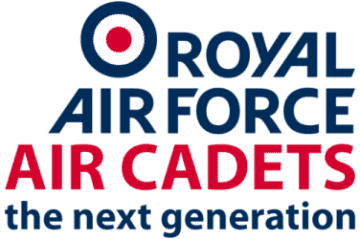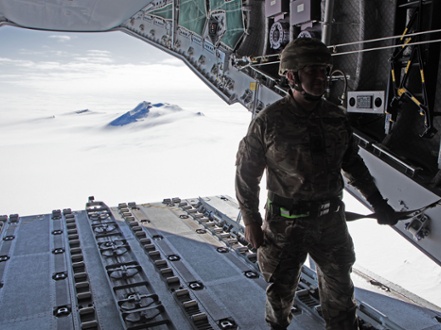Vehicles used to refuel military aircraft have been refurbished, enabling them to support UK Armed Forces for up to 15 more years.
The Large Capacity Aircraft Refueller Life Extension Project (LCAR LEP) is upgrading 80 tankers to improve deployability, availability and flexibility.
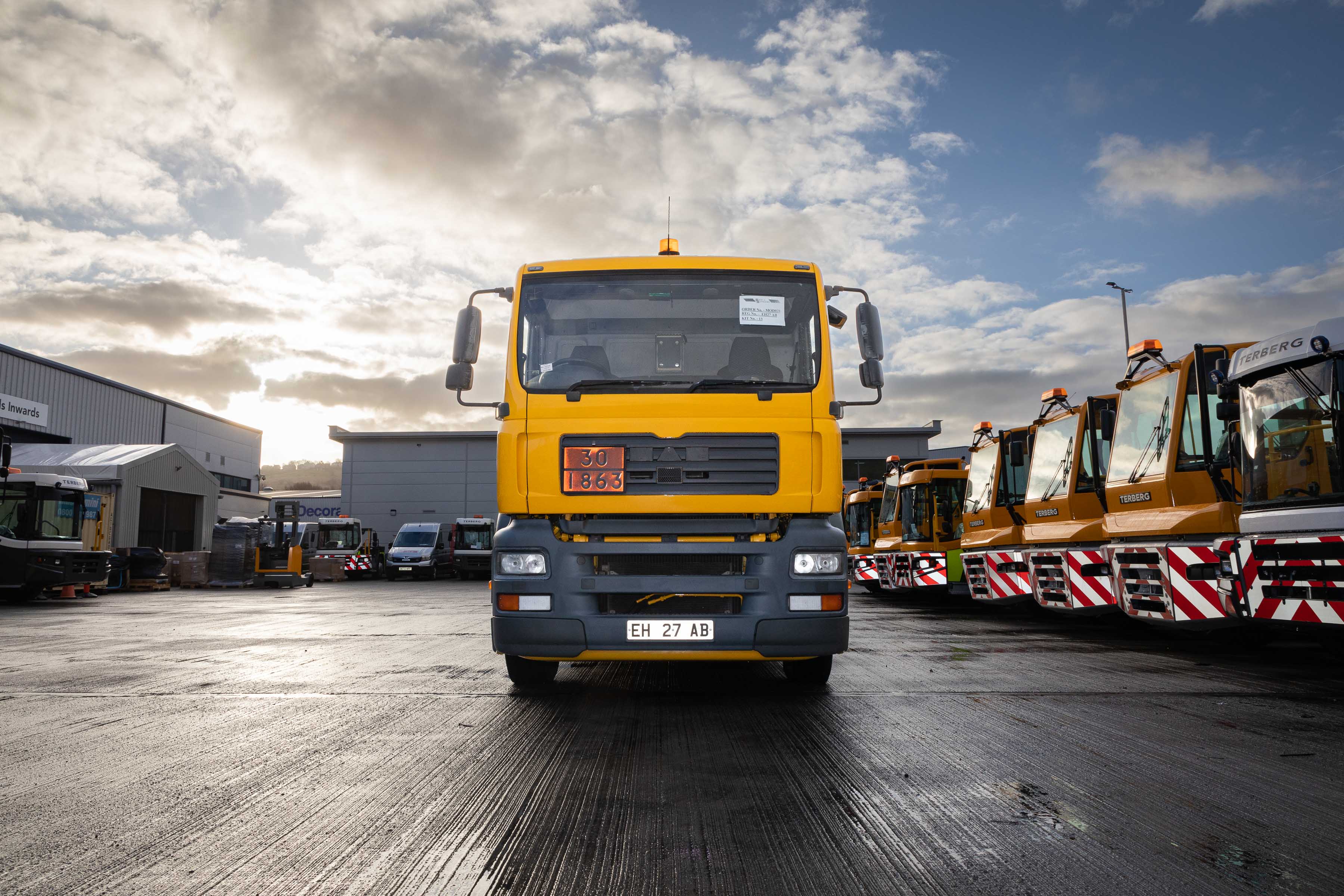
The project is a collaboration between DE&S, the RAF and Terberg DTS UK who have a number of key subcontractors including MAN Truck & Bus UK Ltd and Tasca Tankers Ltd.
Air Commodore Young, DE&S’s Head of Air Systems, Equipment & Training, went to Terberg’s facility in Halifax to meet key people involved in the work done so far.
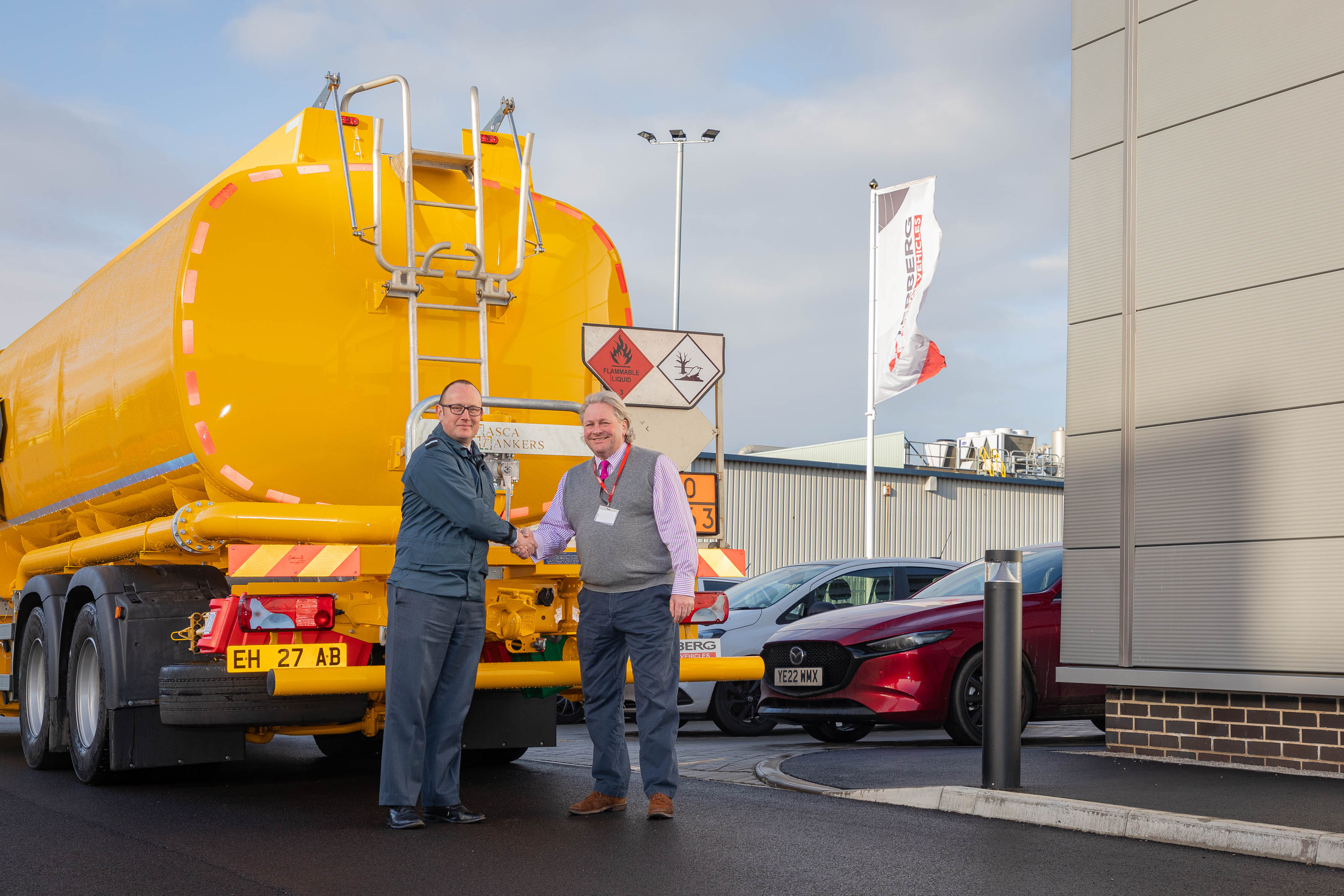
With 14 Large Capacity Aircraft Refueller Life Extension Project's upgraded and delivered to the front line and more on their way, he formally acknowledged that Initial Operating Capability (IOC) had been achieved.
The Large Capacity Aircraft Refueller is a vital Defence-enabling capability, providing the backbone of our aircraft refuelling fleet.
These vehicles are out there every day ensuring our aircraft have the fuel they need to deliver their tasks, whether that be securing the skies above the UK, transporting people and equipment around the world or delivering on operations. Without this capability, UK Defence aviation simply doesn’t happen.
This project is not only extending the life of these vehicles but, through the upgrades being delivered, will provide a more operationally capable vehicle and one that is safer and easier for our personnel to use and maintain.
Air Commodore Young
DE&S’s Head of Air Systems, Equipment & Training
The 20,000l-capacity Large Capacity Aircraft Refuellers supply the bulk of the fuel for RAF, Royal Navy, and British Army aircraft.
The Life Extension Project is refurbishing 80 LCARs, which were unable to be driven on UK roads while laden with fuel because they didn’t comply with road transport regulations. Improvements have included replacing the bulk fuel carrying tank and upgrading other components to ensure the vehicle is ADR compliant.
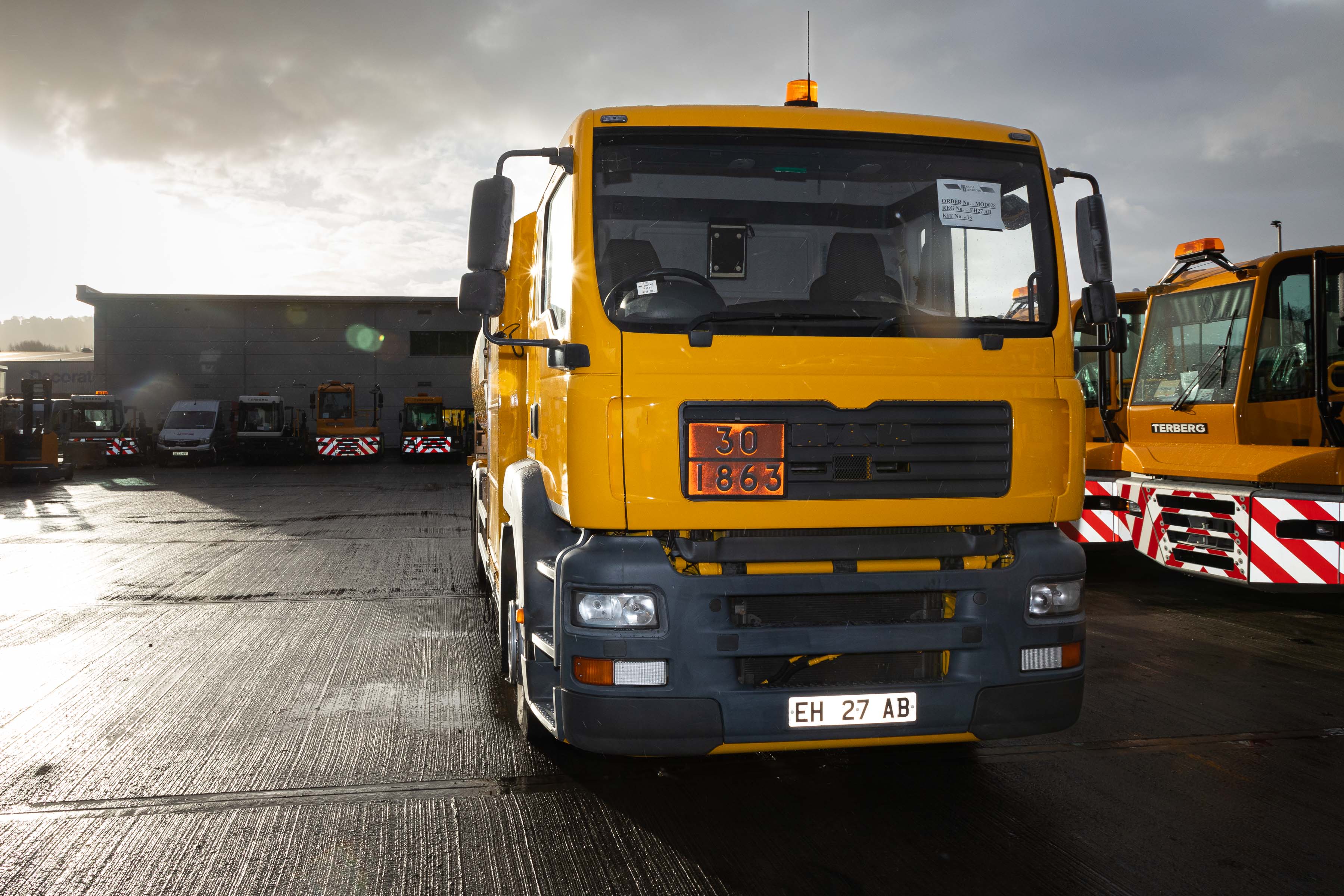
As well as Halifax, work on the project has taken place at MAN UK’s facility in Manchester and Tasca Tankers’ Wakefield site.
Last summer, successful ground and on-aircraft refuelling trials were completed with aircraft including Typhoon fighter jets, Poseidon maritime patrol aircraft, Hawk jets and Merlin helicopters.
The upgrades are due to be completed in 2025.
Refurbished vehicles are now being returned to front-line units across the globe and put to work supporting essential operational activity.
I would like to thank all those involved in the project for their fantastic contributions in getting us to this point despite some of the significant challenges of the last three years. This project is a great example of collaborative working across Defence and with our industry partners.
Air Commodore Young
DE&S’s Head of Air Systems, Equipment & Training
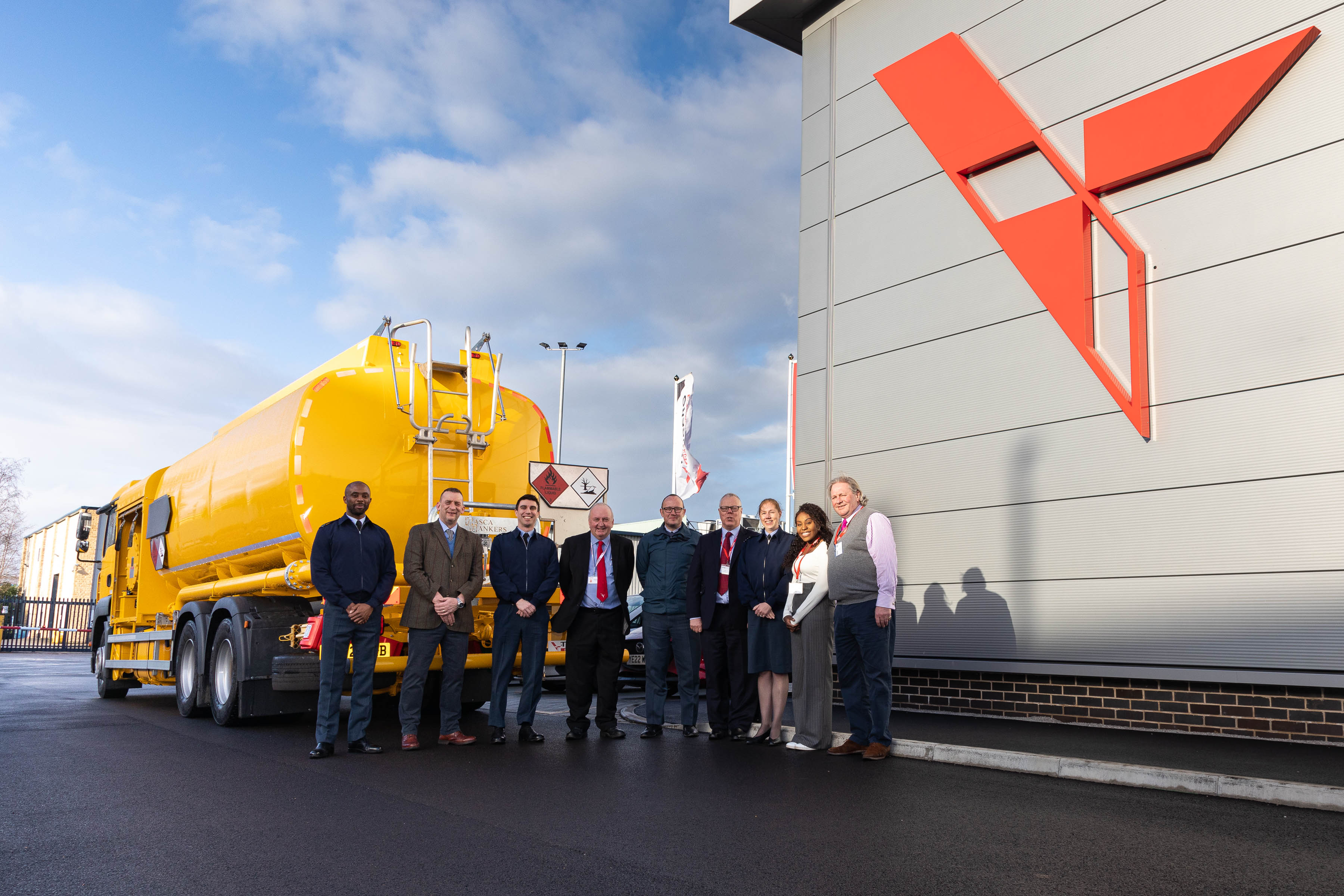
Alongside Large Capacity Aircraft Refueller Life Extension Project, as part of an overall contract of approximately £50 million over five years the UK’s fleet of Small Capacity Aircraft Refuellers (SCAR) are also being upgraded. This includes replacing the eight current variants with a single 5,000l Small Capacity Aircraft Refuellers type that will mainly be used for refuelling helicopters and training aircraft.

